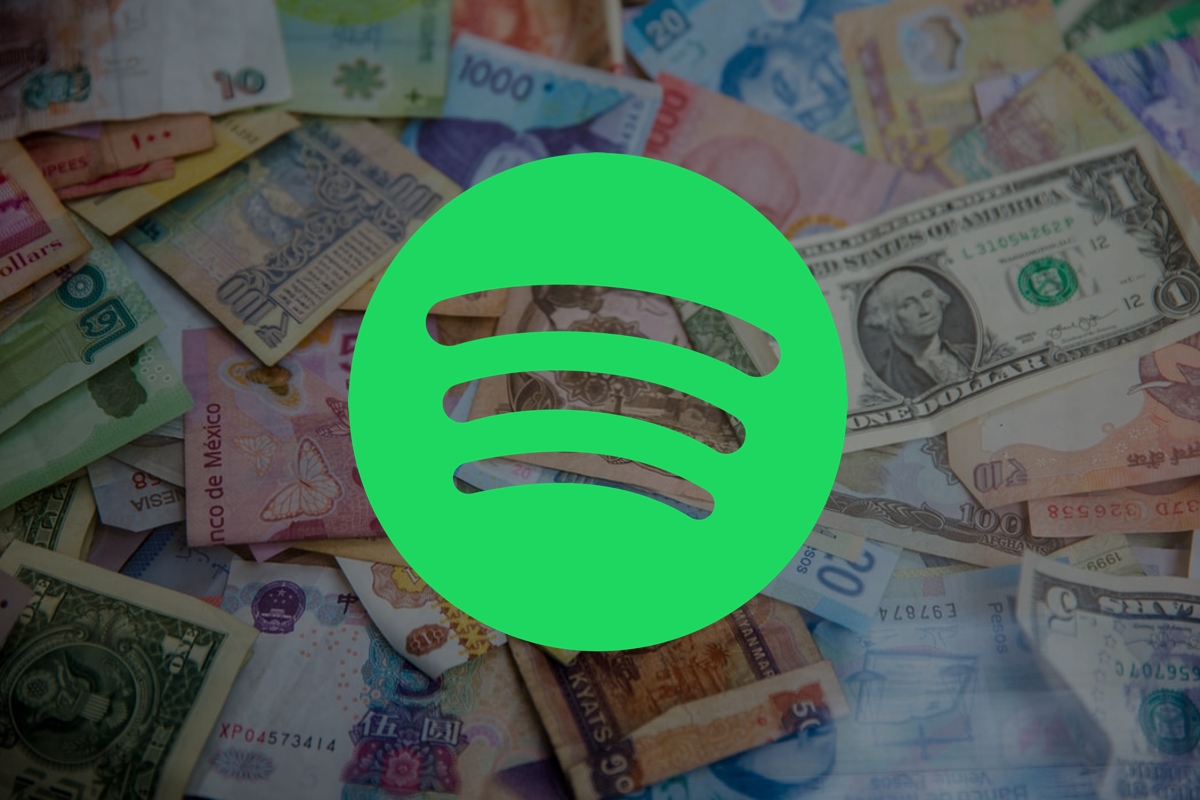Spotify confirms details of how its royalty model will change in 2024
Spotify has now officially announced what specific changes they are making.
The music streaming company Spotify has released a new blog post for artists. It talks about new rules to help musicians who rely on streaming money for their living.
Spotify says that the amount of money and the number of songs on the platform have gone up. But now, there are three things taking a lot of that money which is becoming a big problem.
SPOT is working closely with companies, labels, and artists to introduce new rules.
"Spotify's new rules aim to address three main problems:"
(1) To “make it harder for fake views to count”
"We want to make sure artists get more of the small payments they're owed. "
"Stop people from trying to cheat the system by making a lot of noise. "
The company says that if they fix these problems, they can give $1 billion more to new and professional artists in the next five years.
Determining if a track can make money.
Last month, Spotify announced that they are setting a minimum number of streams a song must have before it starts making money on their platform.
Spotify said how it will work in a blog post on Tuesday.
Beginning in the early months of next year, tracks need to have at least 1,000 streams in the past year to make money from royalties.
Spotify says it won't earn more money with this model and the amount of money paid to music owners will stay the same.
"Almost all streams come from songs that get at least 1,000 streams a year, and those songs will make more money with this policy. "
SPOT says that lots of tracks on its platform have been listened to a few times and made about 3 cents a month on average.
The blog post says that because labels and distributors need a certain amount of money to take out (usually $2-$50 per withdrawal), and banks charge a fee for the transaction (usually $1-$20 per withdrawal), the uploaders often don't get all the money. "And people tend to forget about these small payments. "
Spotify says that almost all the songs on its platform have at least 1,000 listens each year, and those songs will make more money under this new rule.
Cost for fake streaming
Starting in 2024, Spotify will make labels and distributors pay for each song if fake streaming is found on their music.
"These fees will help us keep the industry and platform free from fake activity. "
Spotify says they can stop fake music streams on their platform, but it would be better if people didn't try to cheat the system in the first place.
The company believes this will help stop labels and distributors from giving money to dishonest artists who try to cheat honest, hardworking artists.
"We will use these fees to keep the industry and platform free of fake activity. "
New rules about recording loud noises
Spotify says in its new blog that types of music that help you focus or relax are getting more popular. They give examples like white noise, whale sounds, and static.
The company says that people often listen to this type of music for a long time while doing other things. Some people take advantage of this by making their songs shorter on purpose just to make more money.
Spotify says that most songs are short, only a few minutes long. Some people are cutting short whale sounds to 30 seconds and putting them one after the other in a playlist without anyone realizing, so they can make a lot of money.
To stop this bad practice, Spotify will make sure that noise recordings need to be at least two minutes long to make money from them. This will start next year.
Furthermore, in the next few months, Spotify plans to work with music rights holders to determine the value of sound-only streams, which will be lower than the value of music streams.
"By making the tracks a certain length, they will earn less money than before. This extra money can then be added to the pool for artists who work hard and deserve fair payment. "
Types of functional genres will include sounds like white noise, nature sounds, machine noises, sound effects, ASMR without talking, and recordings of silence.
Spotify is making a new rule for noise recordings. They want to make sure that the artists who make real music get more money. If they set a minimum track length, then noise tracks will earn less money, and that extra money can go to the artists who work hard on their music.
Spotify says that it helps artists in some music genres by stopping them from making songs shorter just to make more money, which can ruin the listening experience for fans.
BW




